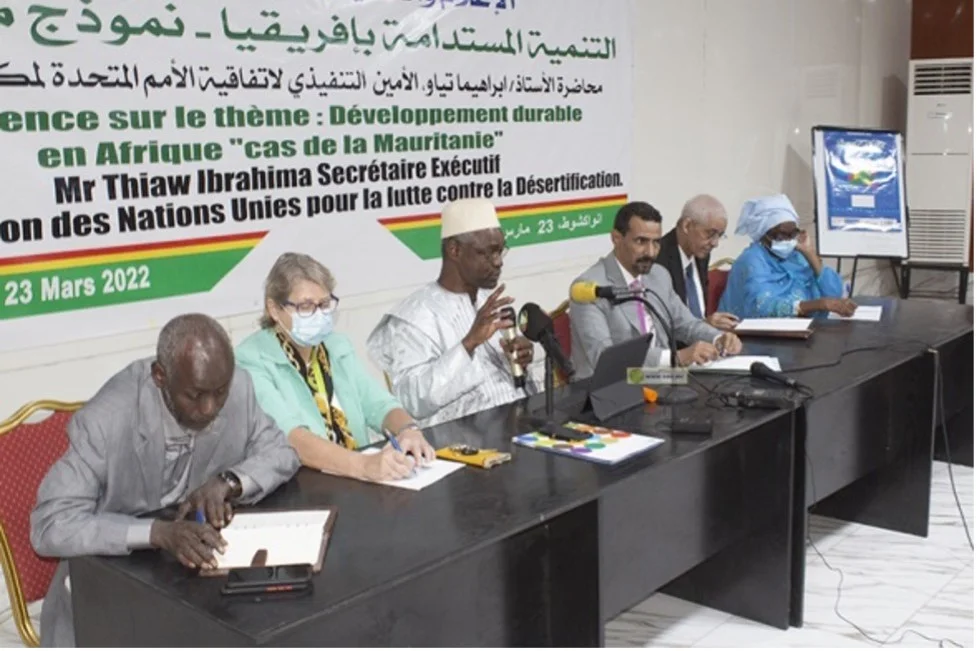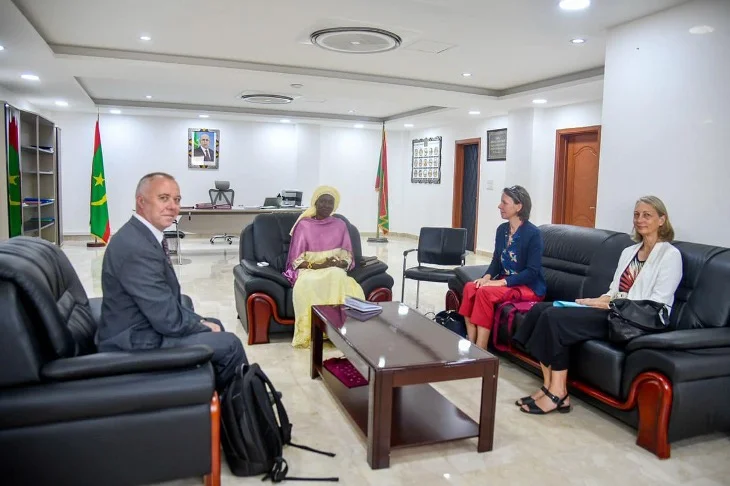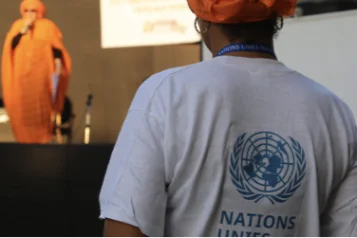Mauritania Towards the Summit: Sustainable Development from Training to Empowerment
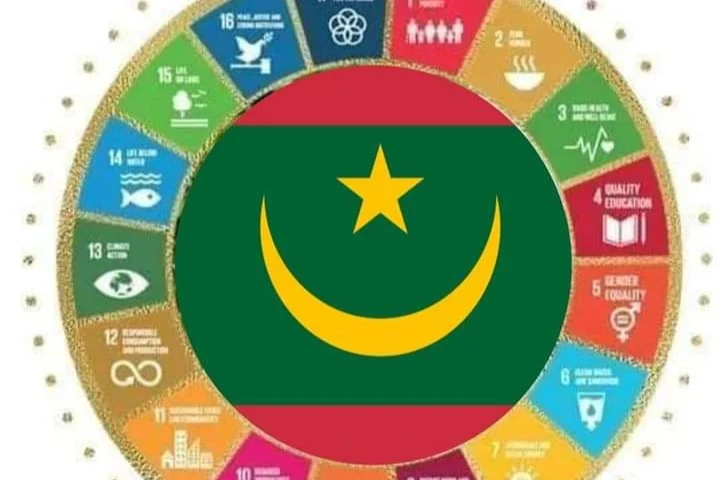
The Conference Aims to Create Real Investment Opportunities in Mauritania: As the first Arab International conference, it targets the facilitation and real investment opportunities provided by the Mauritanian government. The conference invites all interested parties, researchers, businessmen, investors, universities, organizations, and institutions to invest in the land of Mauritania.
Conference Objectives:
1. To initiate and finalize deals supporting key sectors in Mauritania and present open partnerships with countries experienced in sustainable development.
2. To enhance relationships among all nations in scientific and economic domains.
3. To present mechanisms for achieving comprehensive sustainable development goals.
4. To propose the creation of a visionary outlook for Mauritania by 2030, supporting it with input from scientific, political, and intellectual leaders.
5. To open avenues for realizing sustainable development goals and implementing practical solutions in Mauritania, including feasibility studies for activated projects in the next eight years.
Conference Topics and Outputs:
A. Conference Topics:
The conference is divided into six main topics with several sub-topics:
1. Sustainable Development in Mauritania: Reality and Challenges
– Mauritania’s report on monitoring and implementing sustainable development goals.
– Government efforts in achieving the principle of “leave no one behind.”
– Sustainable development in the Mauritanian local context and international support.
– Challenges of sustainable development in Mauritania.
– Mauritanian rural areas and sustainable development goals.
2. Sustainable Economic Development Amid Crises, Non-Sectoral Partnerships, and Their Role in Achieving Sustainable Development
– Sustainable models in the production and distribution of goods and services.
– Creating sustainable employment opportunities and achieving economic growth.
– Policies and measures for achieving sustainable local economy.
– Building partnerships for sustainable development.
3. Sustainable Environmental Development Amid Crises (COVID-19 and Security Challenges): Is It Possible?
– Sustainable agricultural policies and organic farming.
– Environmental cleanup from pesticide residues and other chemicals used in agriculture.
– Domestic agriculture and self-sufficiency for family needs.
– Best practices in environmental protection (wildlife, water, soil, pollution reduction).
– Local, regional, and global partnerships policies and practices.
4. Sound Management for Sustainable Development: The Need for Cooperation Amid Pandemic and Security Crises in the Arab Region
– International and regional partnerships, governance, and sustainable development.
– Governance during crises, the unique context of sustainable development in conflict areas, and the COVID-19 crisis.
– Effective institutional performance and achieving sustainable development.
– Evidence and data-based policies as a pillar of sustainable development.
5. Sustainable Social Development: The Importance of Social Harmony and Integration
– Advocacy for the poor and poverty alleviation: What can local/national/international public policies do?
– Public health and community safety.
– Quality education and its contribution to achieving global development goals by 2030.
– Gender equality and sustainable development: Incorporating gender issues into public policies for sustainable development.
6. Local Partnership and Collaboration for Sustainable Development
– Local partnerships and their impact on sustainable development.
– Public finance management at the local level (financing local administrations and ways to develop them).
– Decentralization and its role in promoting sustainable development.
– Achieving Sustainable Development Goals 2030 at the local level: Opportunities and challenges.
B. Expected Conference Outputs:
In light of the aforementioned, the conference is expected to achieve the following:
1. Exchange of models and public policy patterns on sustainable development.
2. Lessons learned from practical experiences in this context.
3. Dissemination of success stories of public policies on sustainable development.
4. Providing learning opportunities for concerned Mauritanian entities regarding the formulation, development, and implementation of public policies related to sustainable development.
5. Development of partnership opportunities between local entities (public and private institutions, academic institutions, universities, businesses, international financial and environmental entities) to enhance the achievement of the Sustainable Development Goals by 2030.
 Algeria
Algeria Bahrain
Bahrain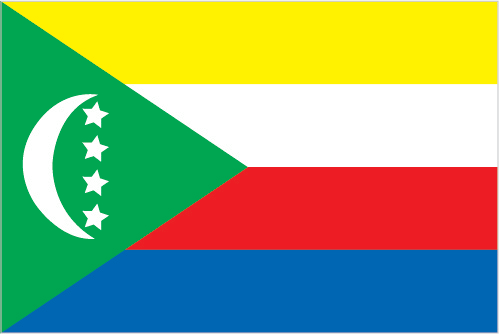 Comoros
Comoros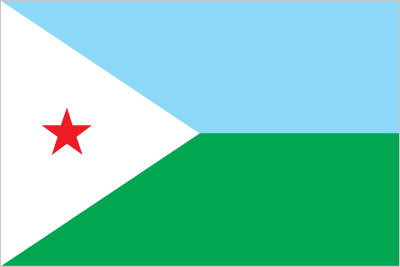 Djibouti
Djibouti Egypt
Egypt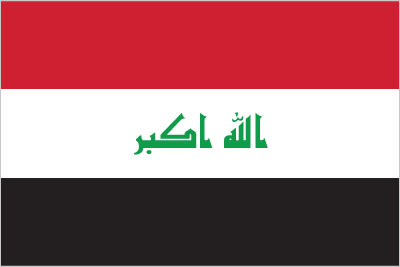 Iraq
Iraq Jordan
Jordan Kuwait
Kuwait Lebanon
Lebanon Libya
Libya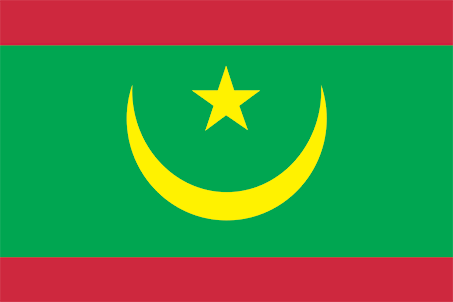 Mauritania
Mauritania Morocco
Morocco Oman
Oman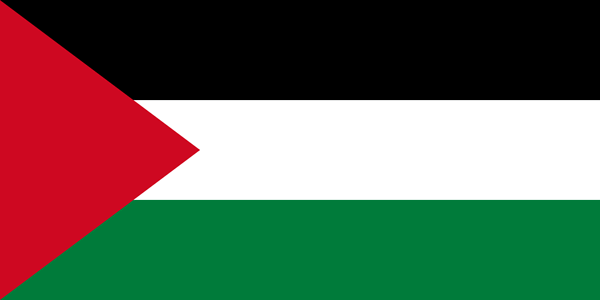 Palestine
Palestine Qatar
Qatar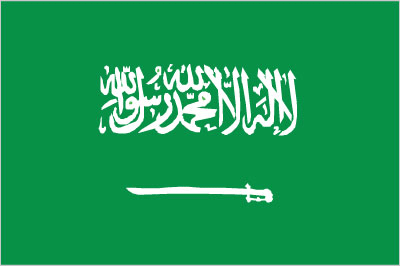 Saudi Arabia
Saudi Arabia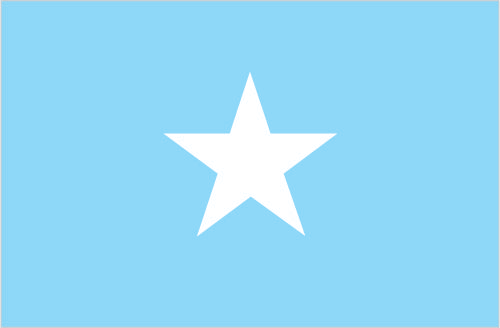 Somalia
Somalia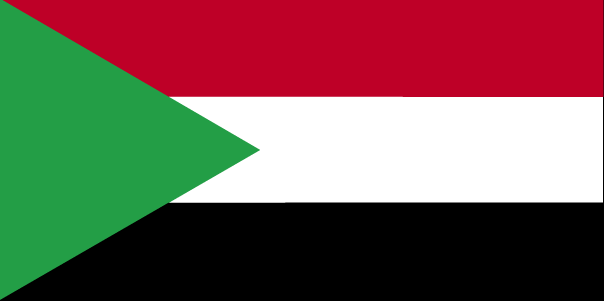 Sudan
Sudan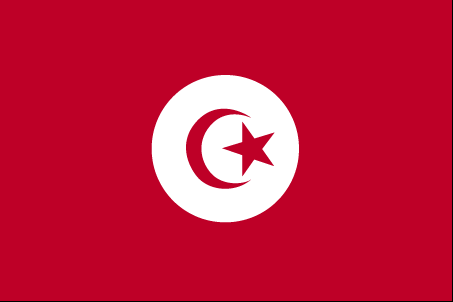 Tunisia
Tunisia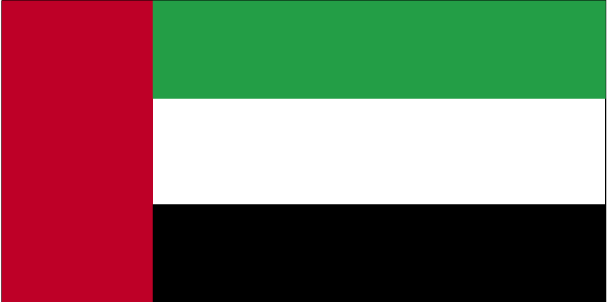 UAE
UAE Yemen
Yemen